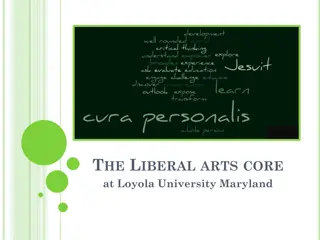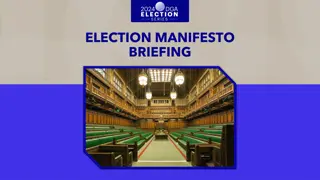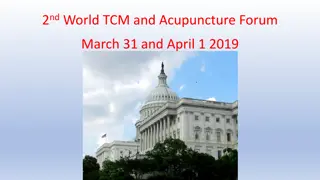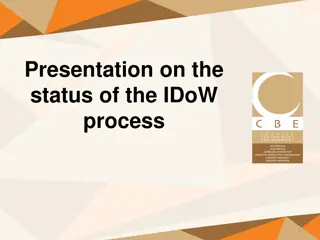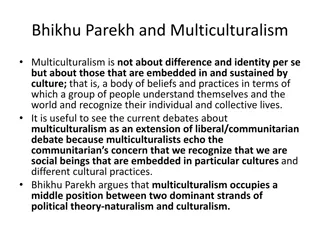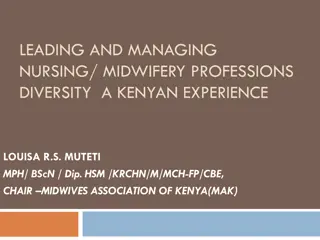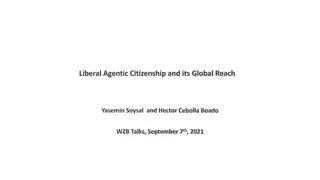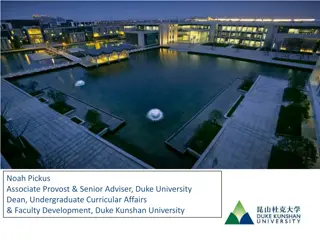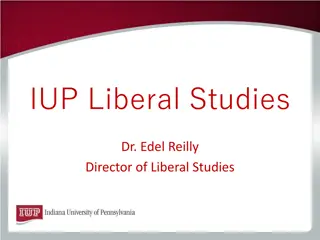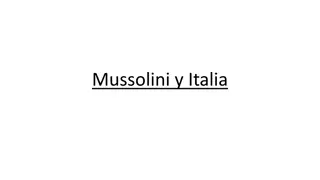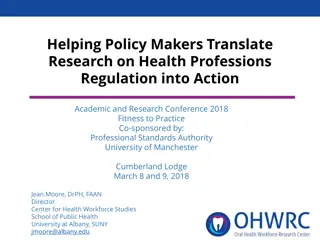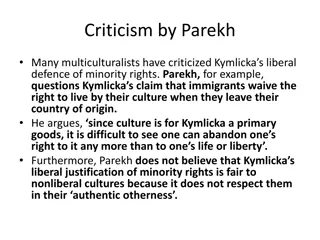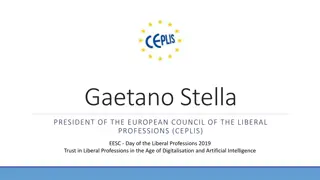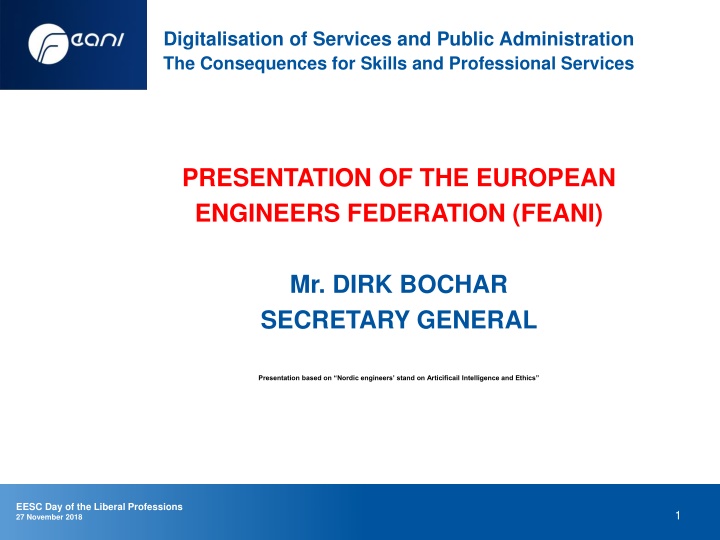
Emerging Challenges in AI and Digitalisation for Engineers
Explore the impact of digitalisation on services and public administration, focusing on the consequences for skills and professional services as presented by the European Engineers Federation. Discover the need for ethical standards and regulatory frameworks in the era of autonomous technologies like AI.
Download Presentation

Please find below an Image/Link to download the presentation.
The content on the website is provided AS IS for your information and personal use only. It may not be sold, licensed, or shared on other websites without obtaining consent from the author. If you encounter any issues during the download, it is possible that the publisher has removed the file from their server.
You are allowed to download the files provided on this website for personal or commercial use, subject to the condition that they are used lawfully. All files are the property of their respective owners.
The content on the website is provided AS IS for your information and personal use only. It may not be sold, licensed, or shared on other websites without obtaining consent from the author.
E N D
Presentation Transcript
Digitalisation of Services and Public Administration The Consequences for Skills and Professional Services PRESENTATION OF THE EUROPEAN ENGINEERS FEDERATION (FEANI) Mr. DIRK BOCHAR SECRETARY GENERAL Presentation based on Nordic engineers stand on Articificail Intelligence and Ethics EESC Day of the Liberal Professions 27 November 2018 1
Digitalisation of Services and Public Administration The Consequences for Skills and Professional Services Emerging disrupting change the society anticipate and capture. autonomous established technologies business are and models The way we approach AI and digitalisation defines the world we live in - today and tomorrow. Advances in machine and device intelligence provide unprecedented challenges. opportunities and EESC Day of the Liberal Professions 27 November 2018 2
Large-scale data collection to support such opportunities represent significant causes for concern. A regulatory framework is needed that includes: - - - - Ethical standards Normative expectations Assessment of responsibility Accountability for actions Who should take moral ethical and legal responsibility for AI and digitalized technologies? To prioritize on the political agenda EESC Day of the Liberal Professions 27 November 2018 3
Services and Public Administration : e.g. a Municipality Politics / local government Political style, openness Topical legislation (building regulations, approval procedure) Fit for dealing with current problems Customer focus Innovative services and information Active provision of information (in person, internet, app) Virtual office Communication Notice board/information point Do something good and talk about it Media Orientation guides, directions Sharing and exchange platforms Short instructional and information videos Community / village life Lively centre Mixed, functioning society Identification / sense of belonging Meeting places and venues Active clubs and societies 60+ / young people Moving with the times Anticipate changes Identify and implement trends Provisions Retailers (daily needs) Markets Local food Urban farming Home delivery options Restaurants Infrastructure State of infrastructure Hall/venues for clubs Library/media library/co-working space Structures for day and holiday care (children, the elderly and pets) Waste disposal and recovery / recycling / Public space and landscape Living quality Landscaping (green spaces, forest, water) Outlook Continual improvement of local environment (air, noise) Management of tourist streams (e.g. cyclists - hikers) Financial Taxes Charges Sustainable investment policy exchange platforms / urban mining Parking spaces Leisure facilities (public swimming pool, gyms, play area, fitness trail) Combined heat / heat exchange Data lines, public WLAN Elements of an attractive community (from the perspective of active residents) Health care Doctor Dentist Home care Pharmacy Chemist Education and care offerings Pre-school School Further education Day care structures New forms of learning (e-learning / gamification, etc.) Exchange of knowledge Events Culture Sport Entertainment Financial Taxes Charges Sustainable investment policy Housing offering Renting and home ownership Design possibilities Range of offerings Accessible housing, serviced housing Self-sufficient housing (energy efficiency, monitoring and generation) Modular and mobile housing units Green roof / wall Traffic Links to public transport (regional and national) Sharing offerings (mobility, rental bicycles) E-car charging stations Modular and mobile energy generation / storage Traffic flow for commuters Safety & security Proximity to emergency services (police, ambulance and fire brigade) Neighbourhood support Employment opportunities Various types of employment (sectors, full- time and part-time jobs) Maintain and create work- time percentages EESC Day of the Liberal Professions 27 November 2018 4
Areas to be developed for each offering * : 2 5 1 3 4 Analysis Vision Organisation Processes & technologies Forms of cooperation Market, benchmark & competition Subject matter, Contents, Positioning local / higher level 6 7 8 10 9 Infrastructure Business case Legal issues Etc. Impact on / interface with existing solutions local / higher level local / higher level Legal bases / rights & obligations of parties involved * Explanation: Sound planning of an offering requires various areas (in project management speak: sub-projects) to be addressed. These areas must be addressed individually in as great a depth as is necessary and aligned with one another. EESC Day of the Liberal Professions 27 November 2018 5
Current guidelines and standards often do not fully address the problems engineers face and their related responsibilities. Need for an overall position for what constitutes ethical conduct with respect to digitalisation. Specific implementations of particular ethical engineering conduct practice is best left to the companies and their engineers. Necessary legislation and regulation remains the privilege of governance at national and regional level. changes in education, implementation of new EESC Day of the Liberal Professions 27 November 2018 6
Education Providers are twice as likely as Employers and Graduates to rate Graduates as prepared. Respondents who agree that Graduates/New Recruits are adequately prepared in % 74% 38% Education Providers 700 35% Graduates 5300 Employers 2600 8 countries https://www.mckinsey.com/industries/social-sector/our-insights/converting-education-to- employment-in-europe EESC Day of the Liberal Professions 27 November 2018 7
Which competences are the most important to meet the challenges of Industry 4.0 according to Engineers / Employers : Engineers Employers 1. Problem Solving Capacities (60,5 %) 1. IT-Knowledge (52,3 %) 2. Mastering Complexity 2. Co-operation in an innovative environment 3. Ability to Change 3. Problem Solving Capacities (50 %) 4. IT-Knowledge (48,0 %) 4. Mastering Complexity 5. Multi-disciplinary Skills 5. Ability to Change @ ie-net / De Standaard Jobat.be 24-25 November 2018 EESC Day of the Liberal Professions 27 November 2018 8
Recommendations : 1. Anchor discussion on the political level and advance public understanding of digitalisation. 2. Educate opportunities for LLL to develop skills for ethical reflection and debate. for ethical considerations provide for relevant 3. Install an appeal process with governmental oversight. 4. Shape regulation and legislation to govern issues related to AI and digitalisation. 5. Establish a living dialogue around issues of digitalisation and ethics: engineers, policy makers, civil society and the general public. EESC Day of the Liberal Professions 27 November 2018 9

